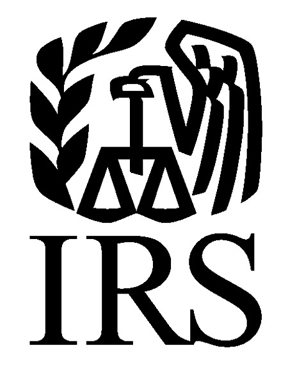IRS Mileage Rates For 2015
 Print this Article | Send to Colleague
Print this Article | Send to Colleague

Effective January 1, 2015, the Internal Revenue Service standard mileage rates for the use of a vehicle will be:
- 57.5 cents per mile for business use
- 23.5 cents per mile driven as medical or moving expenses
- 14 cents per mile driven for charitable purposes
The 2015 mileage rate reflects an increase of 1.5 cents per mile for the business mileage rate. The medical, moving, and charitable mileage rates are staying the same as 2014’s rates. Small business owners and self-employed individuals use the standard mileage rate to calculate the tax-deductible costs for using a vehicle for business purposes.
Taxpayers have the option of using the IRS standard mileage rate instead of keeping track of actual expenses of operating a vehicle. The IRS points out that to claim actual expenses, the taxpayer must maintain "adequate records or other sufficient evidence."
Most people prefer to use the standard mileage rate because it’s easier and involves less record-keeping. To claim the standard mileage rate, you still must keep track of the actual number of miles driven and the business purpose. Typically that is done by noting mileage information in a notebook, mobile app, or software program (such as an accounting program or expense tracking app). Then multiply the number of miles driven by the applicable IRS standard mileage rate, to determine the mileage deduction.
The standard mileage rate is used by employers as the amount to reimburse employees who use their personal vehicles on the employer’s behalf. Employers are not required to reimburse business travel expenses to employees in most states. However, most employers consider it fair to do so. Many use the standard mileage rate for the reimbursement amount. The business then deducts as a business expense the amount reimbursed to the employee.
Any reimbursement to the employee should not be treated as taxable income to the employee. The idea is that you simply are making the employee whole by reimbursing him or her for using a personal vehicle. If you do not reimburse your employee for business use of a personal vehicle, then the employee may be able to deduct the un-reimbursed expense on his or her 1040, Schedule A. In that case, you as the employer do not get to claim the deduction.
For more details on the 2015 mileage rate, see official IRS Notice announcing the new 2015 rates by clicking here. Back to NAFA Connection


